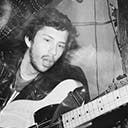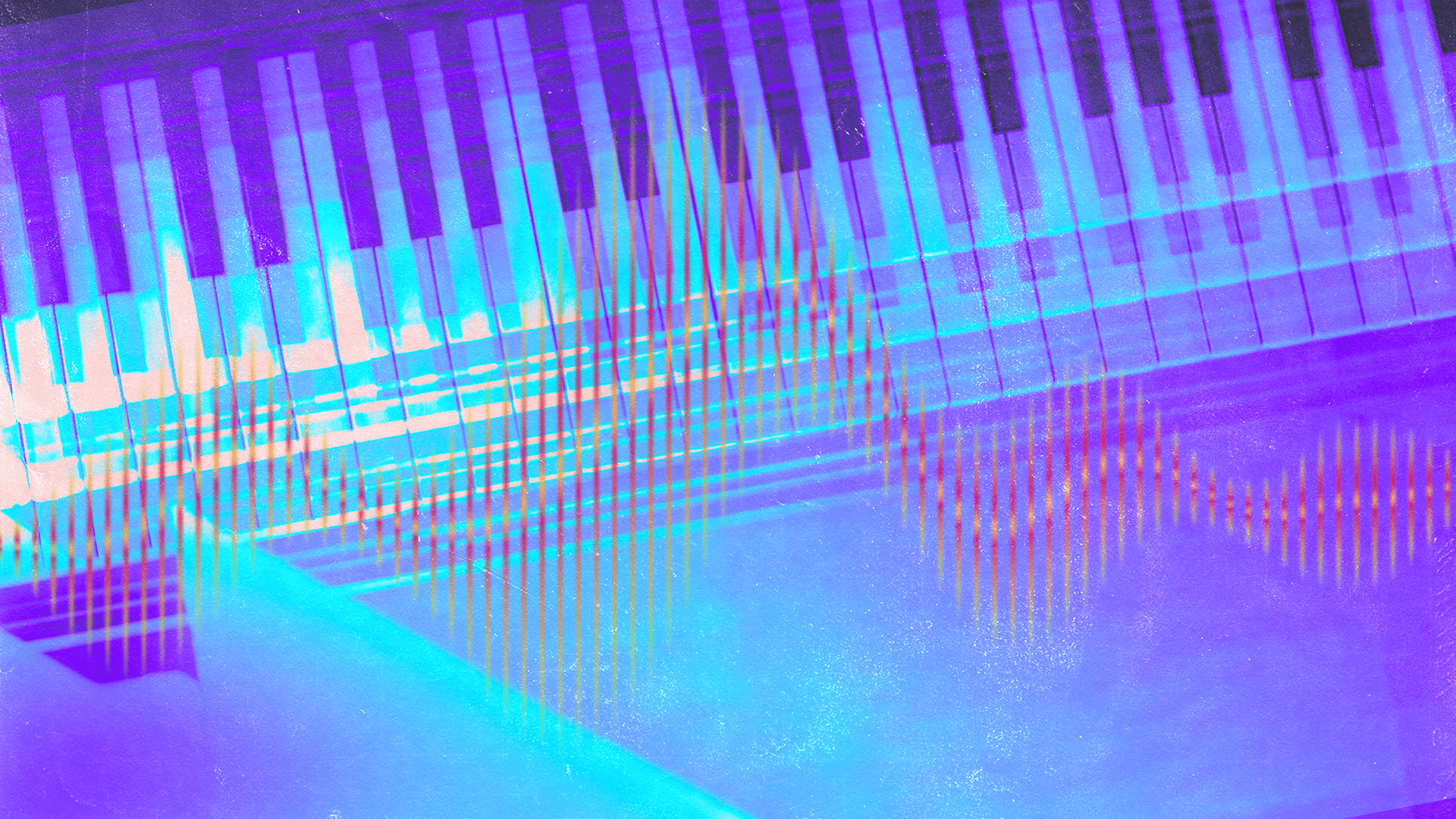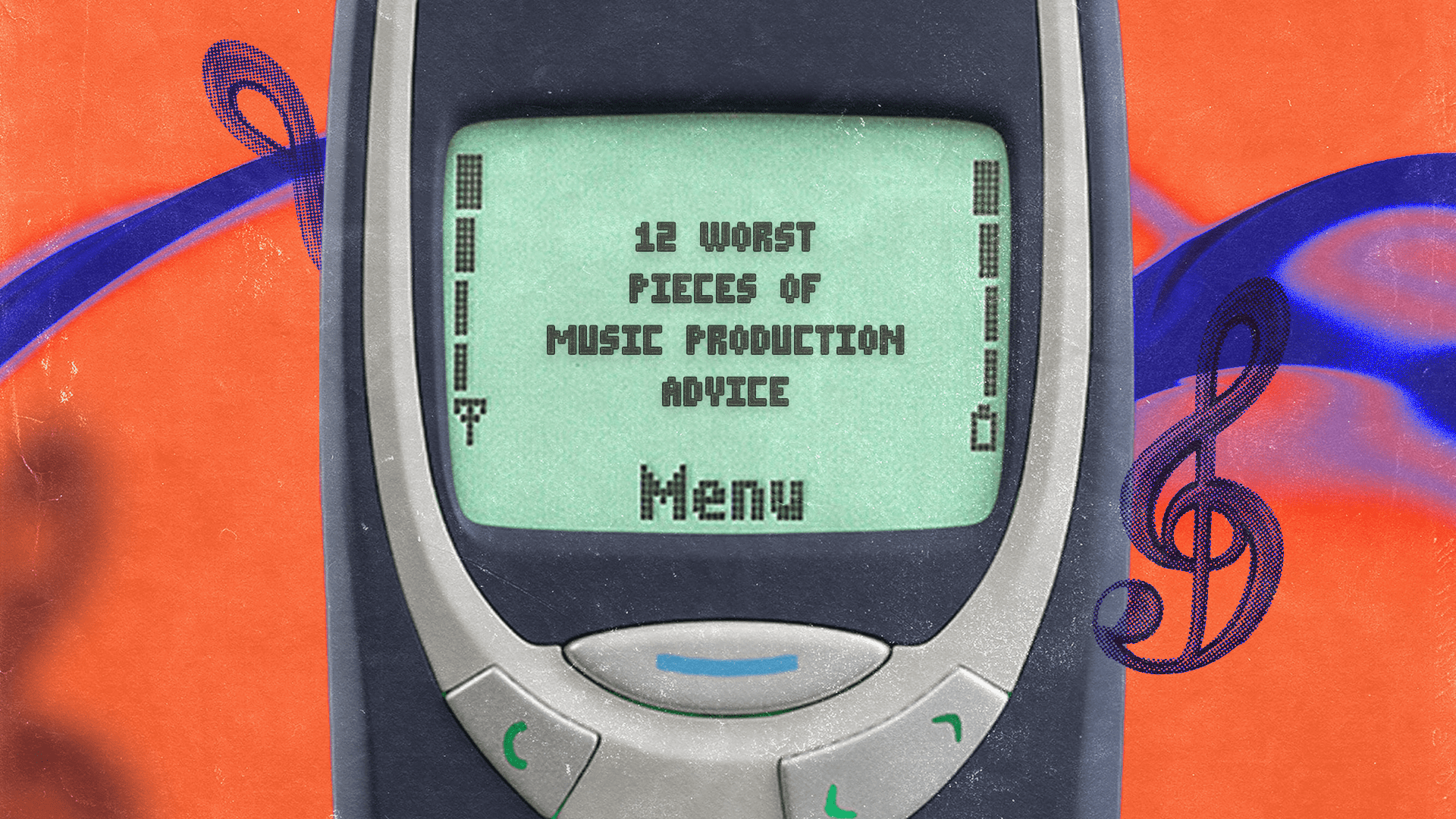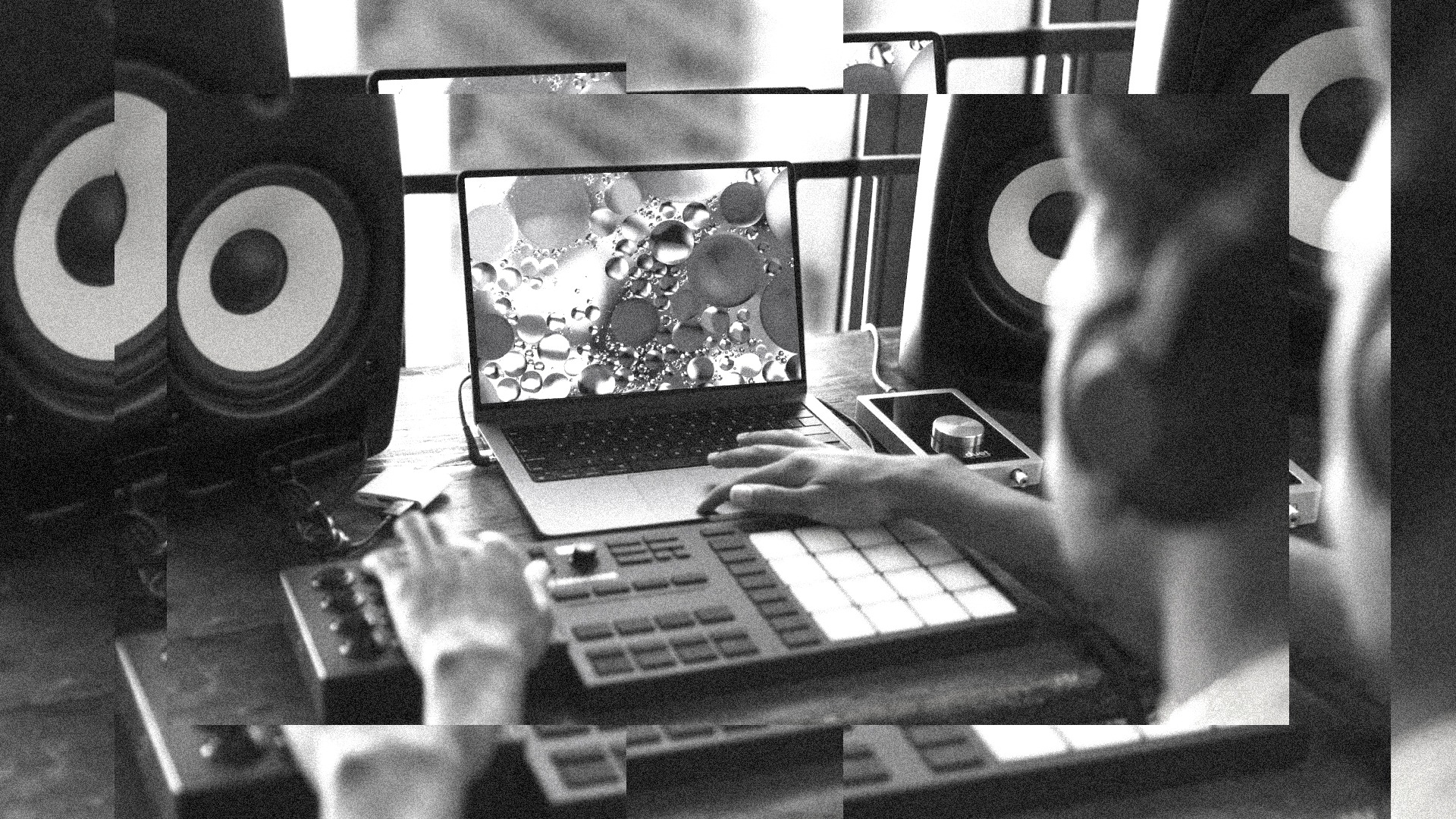
5 Places to Find Inspiration Outside of Music

Creativity can mean many things. To write a song that really resonates you’ll have to draw from sources of inspiration that go way beyond music.
We’re still learning a lot about creativity from modern psychology and neuroscience, but a lot of its power is said to lie in divergent thinking.
That means drawing on various key areas of your brain—not just the ones associated with music.
Flexing your creative muscles in different ways will help when you actually sit down to start a song.
But when music is your main medium, knowing where to look for other sources of inspiration can be vague and confusing.
Whether you struggle with writer’s block or just want to try something other than music to get the creative juices flowing, here are a few ideas for stoking the creative flames.
1. Reading
Any form of extended reading can strengthen your vocabulary and improve your lyricism.
Any form of extended reading can strengthen your vocabulary and improve your lyricism.
And it doesn’t have to be dense classic literature.
Even if it’s just reading for pleasure, well-written prose can invoke strong sensations of mood and feeling. The important part is to give yourself an exercise in abstract imagination
According to a study from 2013, reading a novel can also strengthen brain connectivity in regions associated with perspective taking, story comprehension, and language processing.
Interacting with writing in any way can develop those connections.
Writing your own short stories, attending poetry events or pulling entries from your diary are all great ways to bring those skills to your songwriting.
2. Tabletop role-playing games
Tabletop roleplaying games are an exercise in collaborative storytelling. Players assume the roles of characters and roll dice to determine outcomes.
The most recognizable tabletop RPG is undoubtedly Dungeons & Dragons, where players become elves and half-orc dungeoneers who battle necromancers and gelatinous cubes.
It’s an exercise in simple math and imagination—a lot like music if you think about it!
It’s an exercise in simple math and imagination—a lot like music if you think about it!
It’s also a great way to hang out with friends or bandmates while building a story together and doing something creative.

John Dwyer of the garage-punk band Oh Sees remarks, “Dungeons and Dragons was a huge part of my childhood … It was the first taste I had of imagination-based stuff. I still get immense enjoyment out of writing and playing live, because it’s like that magical dopamine kick of creating from nothing.”
Bands like California X or Bolt Thrower even use D&D or games like the closely-related Warhammer 40k as inspiration in songwriting.
There are also music or band-themed tabletop games such as the Bowie-inspired Velvet Generation, a game about intergalactic outlaws and rock and roll.
3. Visual Art
Painting, drawing, visual design and art in general can help you get in the abstract creative zone. It’s relaxing and creative at the same time.
While plenty of musicians claim to have synesthesia, it’s pretty easy for most people to imagine how colours and visual pairings can go hand in hand with music.
For example, the right album artwork can completely change your perspective on a song or piece of music.
The right album artwork can completely change your perspective on a song or piece of music.
If you create your own album cover you can use the artwork in your fliers or promotion materials for a highly original look.
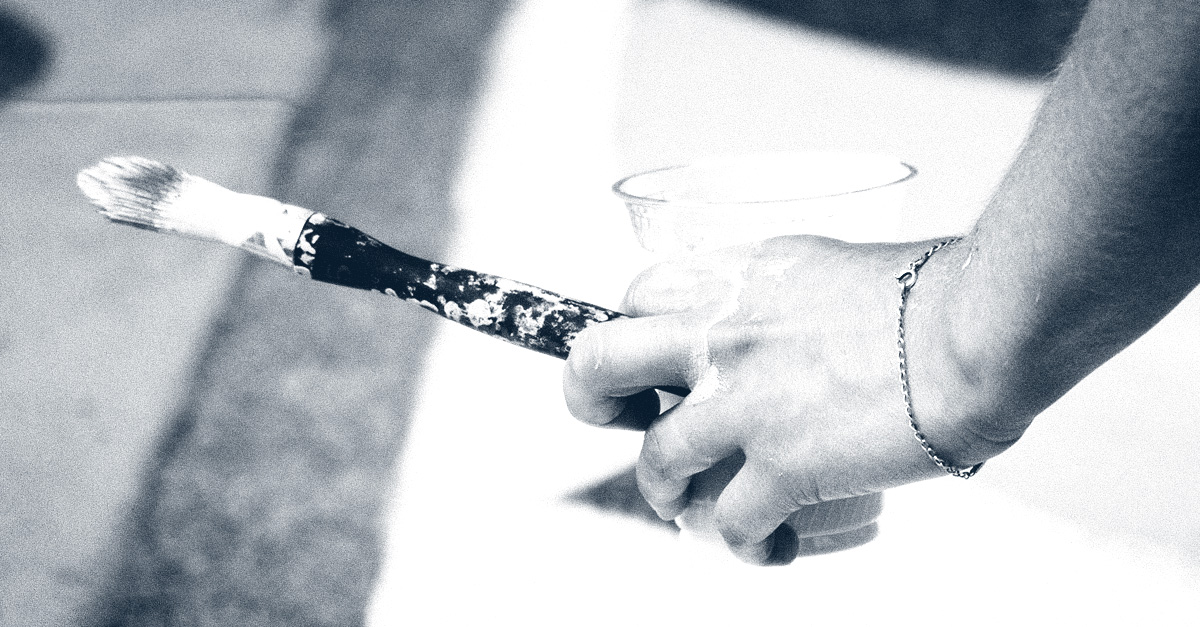
If creating visual art isn’t your strong suit, you can visit a gallery or museum to get thinking about how to channel artistic concepts into your music.
4. Meditation
Meditation is a great way to focus your mind without focusing on anything.
Meditation is a great way to focus your mind without focusing on anything.
It’s an enduring exercise with demonstrated benefits for the mind and body. Focusing on breathing and locking into the “zone” is also an important component of live performance.
Zen and meditation were avid interests for jazz great John Coltrane. The themes and structure for his masterpiece A Love Supreme were inspired directly by an early morning meditation session with his wife.
For some people, going for a walk or simply exercising can be meditative. It gets your blood flowing and puts your mind and body in a better place.
If you haven’t meditated before, there are plenty of meditation centres, books, and apps that can help. But the main idea is to set your head right and give you creative clarity.
Sometimes doing nothing can be an important gateway to starting with a blank canvas.
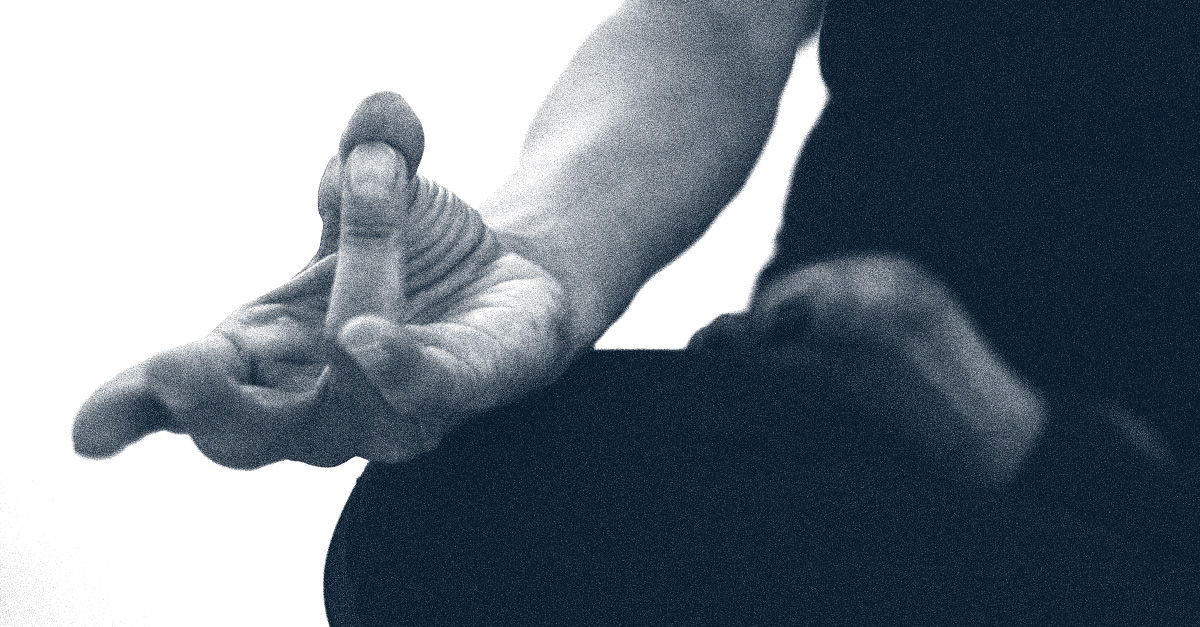
5. Traveling
Traveling is like superfood for your creativity. It’s fun, relaxing and it feeds your brain with constant new experiences.
Travelling helps you learn more about cultures, languages, customs and different ways of doing things around the world.
Travelling helps you learn more about cultures, languages, customs and different ways of doing things around the world.
It can give you a better understanding of new perspectives and cultures. That can inform your music or lyrics with newfound experiences or restore your focus by getting away from your regular routine.
Even if you’re constantly touring, taking time off to travel for yourself can be important for spending time with your family and friends and replenishing your willpower.
Of course, getting outside of your everyday surroundings can also be inspiring for writing and recording.
There are countless musicians who swap coasts to cut a record, hole up in cabins in the woods with a 4-track, or travel abroad with the express intent of recording verses in Parisian hotel rooms.
Re-creational activities
Creativity is a complicated issue. There’s no easy answer when you’re stuck with writer’s block.
But branching out from music to find creative pursuits elsewhere can refresh your perspective and stimulate new ideas.
Whether it’s reading, painting or D&D, there’s plenty out there to get your creative juices flowing.
Try these non-musical creative exercises the next time you’re in search of inspiration.
Gear guides, tips, tutorials, inspiration and more—delivered weekly.
Keep up with the LANDR Blog.
